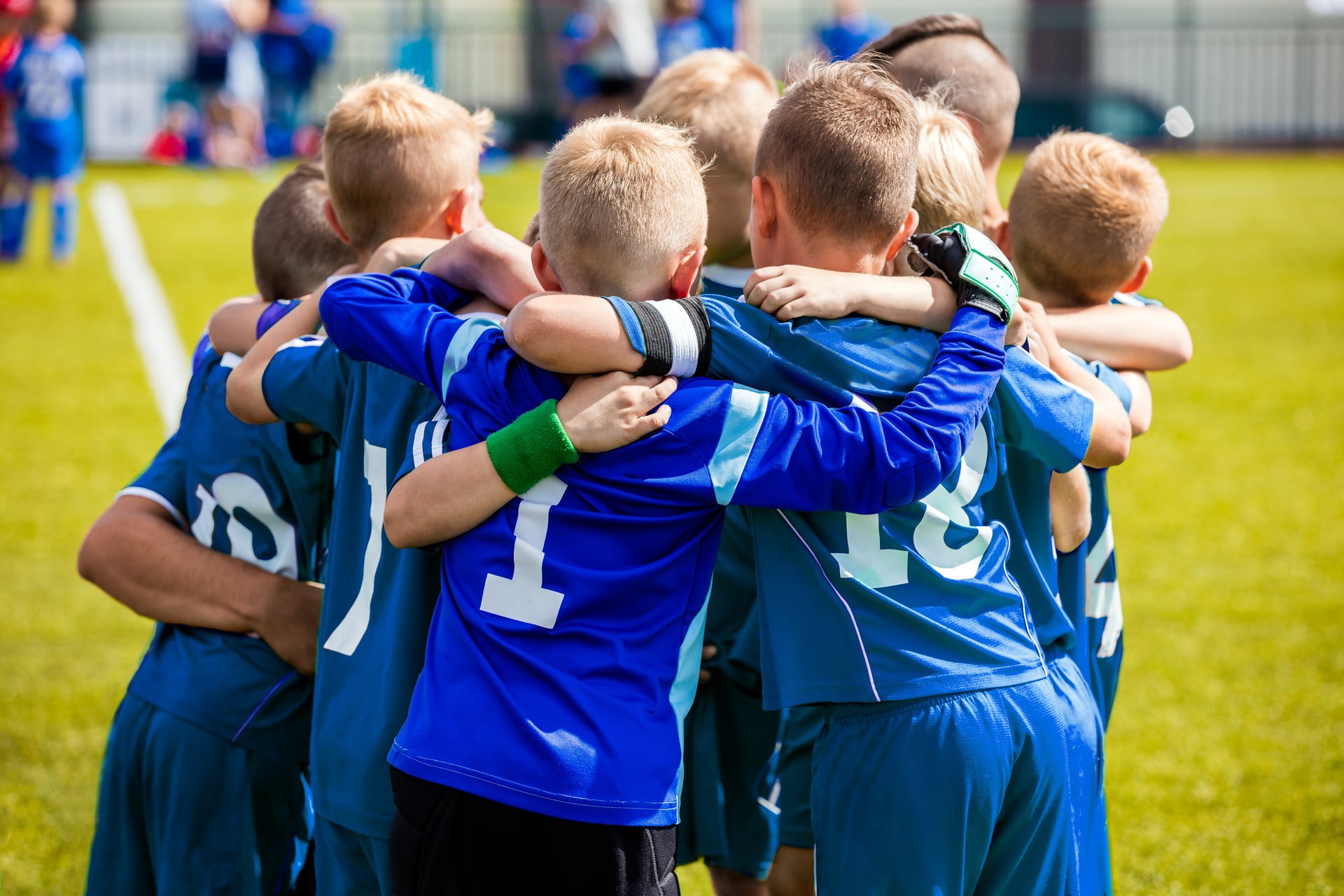It has been a year since ACC launched the National Concussion Guidelines for community sport.
Over this time, there has been an increase in sports-related concussion claims, suggesting awareness of concussion is slowly increasing across community sports.
In 2023, ACC accepted 10,712 claims for sports-related concussion injuries. In 2024, the number of claims increased to 12,045.
The increase in claims is a positive indication that more people are taking the right action when it comes to concussion, ACC injury prevention partner Nat Hardaker said.
“We need to continue changing the culture and create an environment where recognising and reporting concussion is seen as the smart thing to do.
“The purpose of the guidelines is to increase awareness and education around concussion in youth and community sport.
“These guidelines give coaches, players, family members, referees, and health practitioners the information they need to recognise concussion and support a safe return to play.”
The National Concussion Guidelines came into effect for the 2024 winter sports season and introduced a consistent approach across all sports for a safe return to ‘play’. Based on the most up-to-date research, there needs to be a minimum of 21 days away from full competition after a concussion.
More people were recognising that they have a concussion and presenting to a health practitioner for support, Hardaker said.
In 2024, $80 million went towards helping people recover from a sports-related concussion. This was an increase from $65 million the previous year.
The age groups with the highest number of sports-related concussion claims last year were 15- to 19-year-olds (3061), 10- to 14-year-olds (2511), 20- to 24-year-olds (1711) 25- to 29-year-olds (1055), and 30- to 34-year-olds (780).
Rugby Union had the highest number of winter sports-related concussion claims (3316), followed by football (soccer) (1218), rugby league (624), hockey (428), and basketball (418).
The regions with the highest number of claims were Auckland (2918), Canterbury (2086), Otago (1406), Waikato (1230), Wellington (1120), Bay of Plenty (813), Manawatū-Whanganui (455), and Northland (417).
Hardaker said it was important concussion symptoms were managed well.
“Good early management of concussion can improve long-term outcomes.
“We’re committed to changing attitudes and understanding of concussion in sport. The National Concussion Guidelines give community sport the support it needs to do this.”
A concussion was a brain injury that could happen in any sport, Hardaker said.
“You don’t have to get knocked out or even be hit on the head to be concussed.”
Taking the time to make a complete recovery from a concussion before returning to play ensured players got back to their best, she said.
This was better for the player and their team’s performance.
“This gives the player the best chance to fully regain their strength, coordination, speed and skills.
“So, when they’re back, they’re able to hit the ground running and play at their best.
“Concussion is everyone’s responsibility — everyone can learn to recognise the signs and what to do.”
National Concussion Guidelines
The Guidelines present an opportunity to improve the health outcomes and wellbeing for people who play community sport by providing a standardised approach to managing concussion.
Notable guidelines include:
- When a player suffers a concussion, they must be symptom-free for 14 days post-injury before a graduated return to play.
- They must complete a minimum period of 21 days away from full competition before clearance to return.
- Medical clearance is strongly encouraged before a return to play.
The Four Rs of Concussion Management
- Recognise (the signs and symptoms of concussion)
- Remove (the person from play)
- Recover (by seeing a doctor and completing a concussion recovery program)
- Return (to school, work or sport once you have followed the recovery program and have been cleared by your doctor).
The ACC SportSmart programme contains a range of resources for players, coaches, referees, and supporters to learn how to recognise concussion and what to do next.
You can also view the National Concussion Guidelines on our website.



0 comments
Leave a Comment
You must be logged in to make a comment.